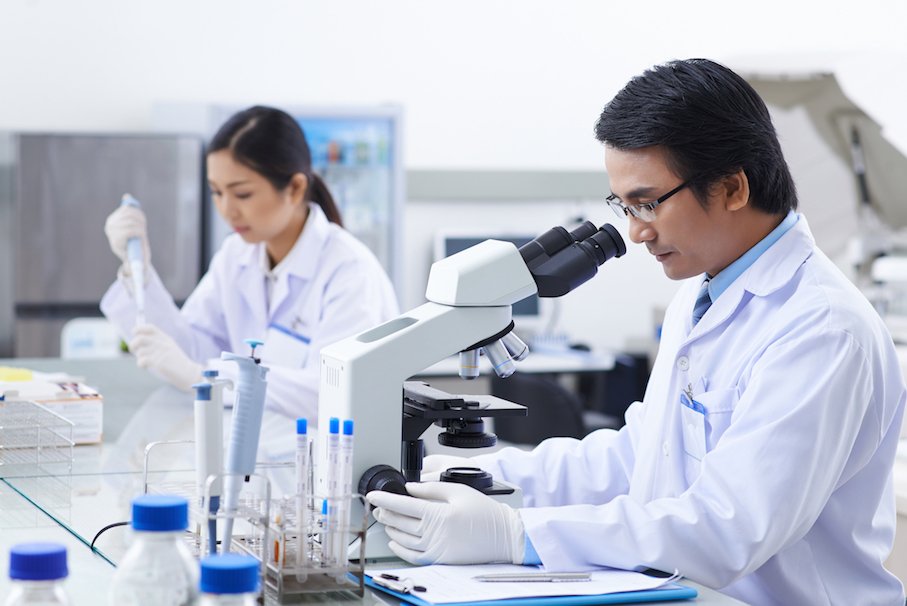
image credit- shutterstock
A team of scientists at the Center for iPS Cell Research and Application (CiRA), Kyoto University in Japan, has shown that a combination of two drugs halts the infection of SARS-CoV-2, the virus responsible for COVID-19, in induced pluripotent stem (iPS) cells.
iPS cells also ideal for gene editing. Since the pandemic started, scientists have discovered a series of genes in human cells that enable SARS-CoV-2 infection. One of the most important is TMPRSS2, which codes for transmembrane serine protease 2. Another is CTSB, which codes for cathepsin B, another type of protease. These proteases cleave the spike protein of SARS-CoV-2, allowing the virus to enter the cell.
In the study, these two genes were edited so that the cell did not produce the proteases. This significantly attenuated the infection of iPS cells by SARS-CoV-2. Using this information, the researchers tested two drugs, CA-074, which inhibits cathepsin B, and Camostat, which inhibits transmembrane serine protease 2, showing their combination reduced the viral load to less than 0.01% of that without drug treatment.
"Our findings suggest a clear synergistic effect by inhibiting both proteases," said the researchers. "We found this effect for several SARS-CoV-2 variants."




